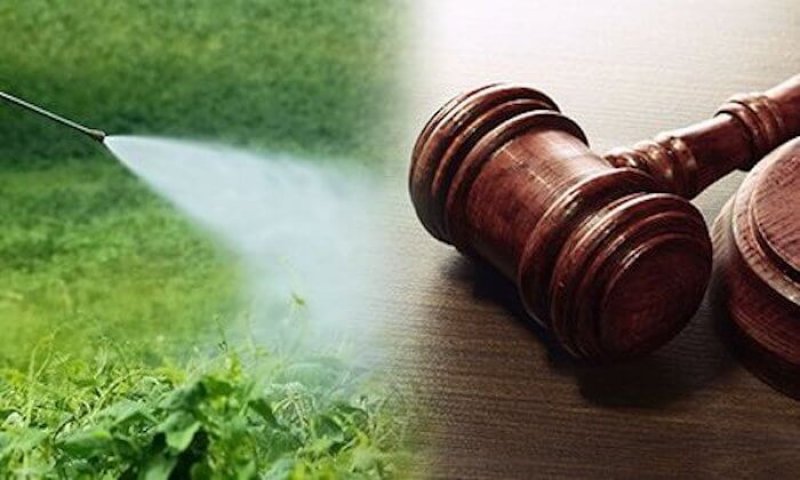Most people have probably seen the recent news that Monsanto has been ordered to pay $289 million following the ruling by a California jury that Monsanto’s glyphosate (a.k.a. Roundup) is dangerous and likely contributed to Dewayne Johnson’s cancer.
…
I want to discuss why trials like this one are inherently problematic. Citing court rulings is an extremely common tactic among science deniers (anti-vaccers do it all the time), but it is not a logically valid tactic because courts don’t determine what is and is not a scientific fact.
The first major problem is simply that juries don’t consist of experts in the relevant scientific field. As I’ve talked about before, science is complicated. It takes years of carefully training, study, and hands-on experience to learn everything that you need to know to be able to properly evaluate scientific evidence. The notion that an untrained jury is going to master that over the course of a trail is absurd.
Read full, original article: Courts don’t determine scientific facts































